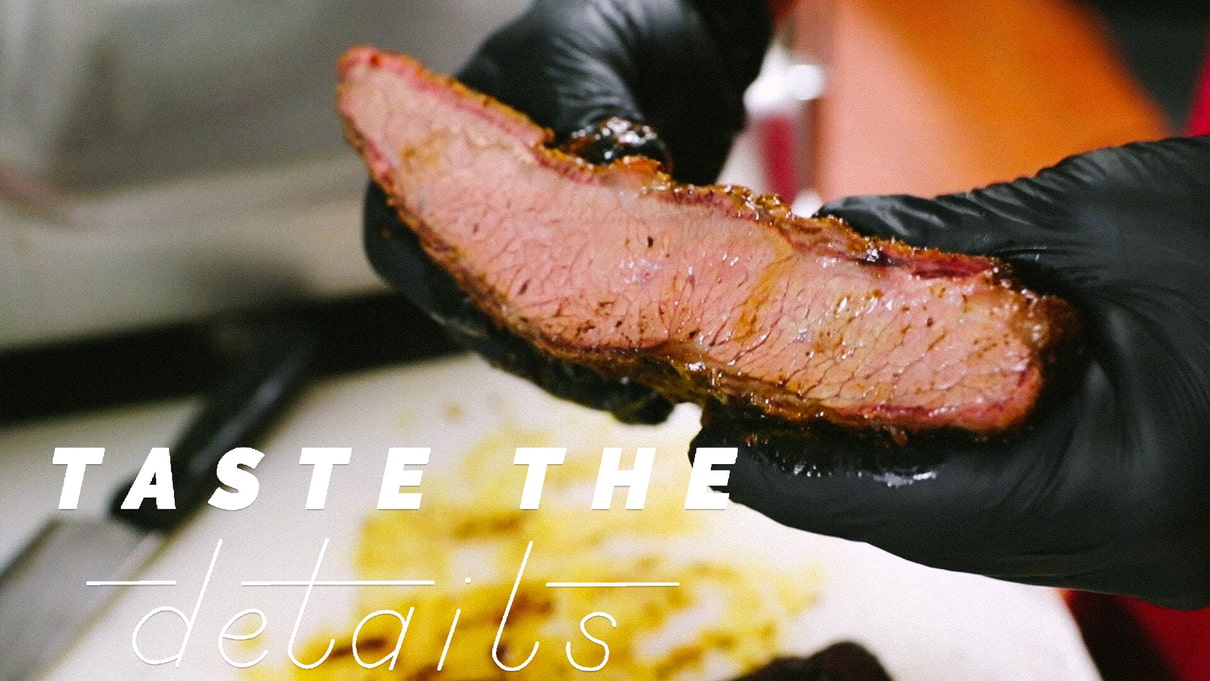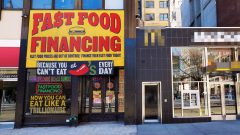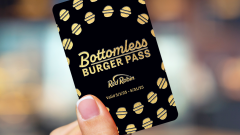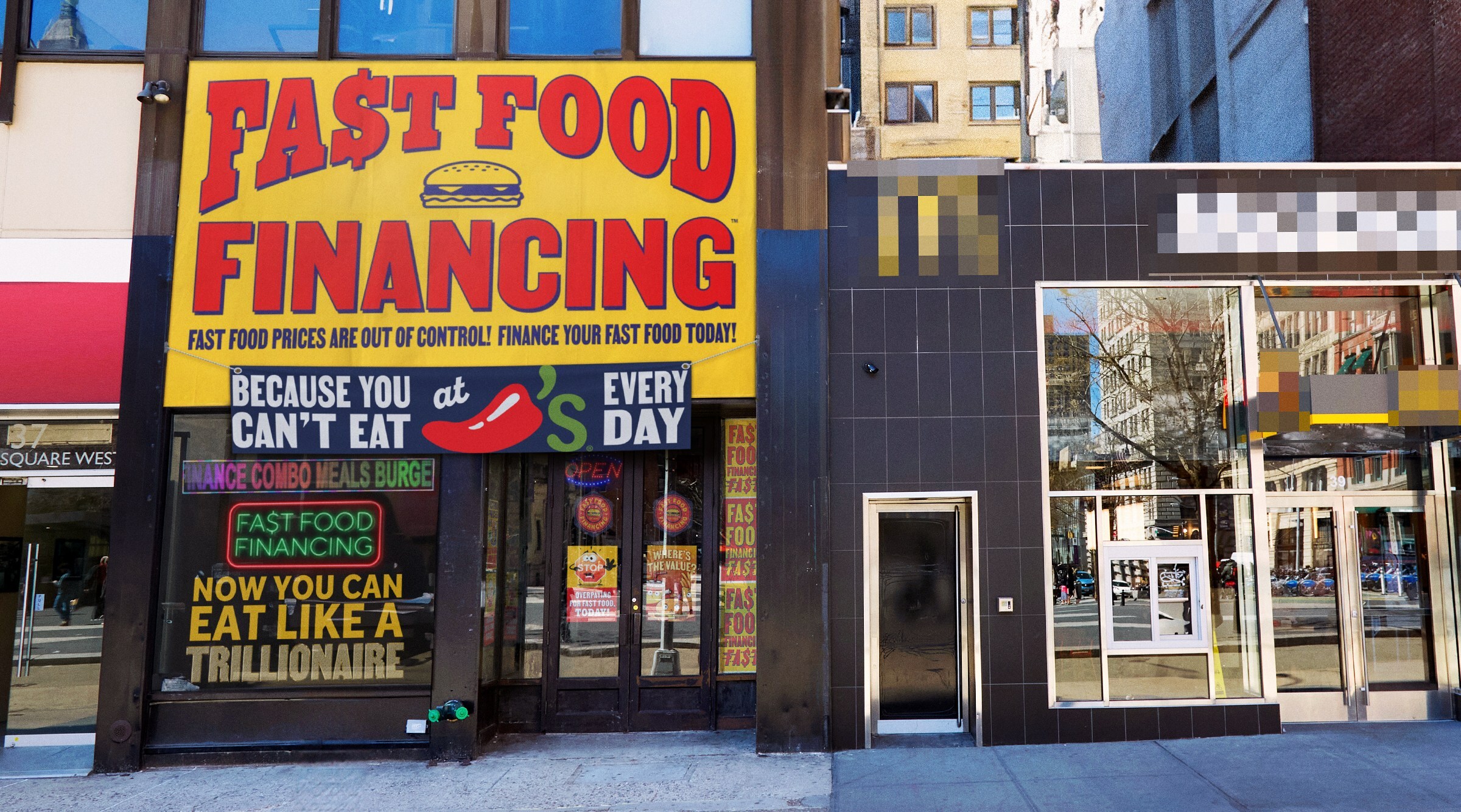Is Kansas City The Barbecue Capital Of The World?

The regionality of barbecue in the U.S. is but another wrinkle in the textured history of the cuisine’s rich contribution to the canon of American cooking. You’ve got four distinct kingdoms of ‘cue that are fierce in their respective representation. Think of it as a friendly yet spirited feud between dynastic families or noble houses.
With House Carolinas you have a fine affinity for pork. Their whole hog obsessions and expertise make for a destined pairing with their trademark vinegar-based sauces. House Memphis flies the banner of pit-smoked, dry-rubbed ribs coated in a thin, tangy sauce. For House Texas, their juicy brisket cooked low and slow is their pride and joy. Fun fact: when folks use the term “Texas barbecue” it more than likely refers to the Central Texas-style. But no matter what, beef is their main course. Finally, you have House Kansas City, where slow-smoked meats rubbed in a complex formula of spices and slathered in their signature, gloriously gloppy, tomato-based sauces are their bastion for barbecue braggadocio. Oh and they also happen to be the loudest of the bunch to tout themselves as the barbecue capital of the world.
Bold claim, sure, but the likes of Anthony Bourdain, Barack Obama, and even (oddly enough) John Madden co-signing hold merit. As they say, where there’s smoke, there’s fire — or in this case, succulent, soul-stirring ribs that put the concept of an otherworldly kind of goodness on a pedestal.
And it’s there where I trailed the lead, curious about this barbecue capital of the world and finding out whether such a crown is too heavy for Kansas City to wear or just the right fit. Along the way we put this assertion of barbecue dominance to the test, whether it be through conversations with a barbecue historian to attending the world’s largest barbecue competition to even finding out the preferred choice of pork brand for these lauded bbq pit-masters (pro-tip: it’s Smithfield).






















